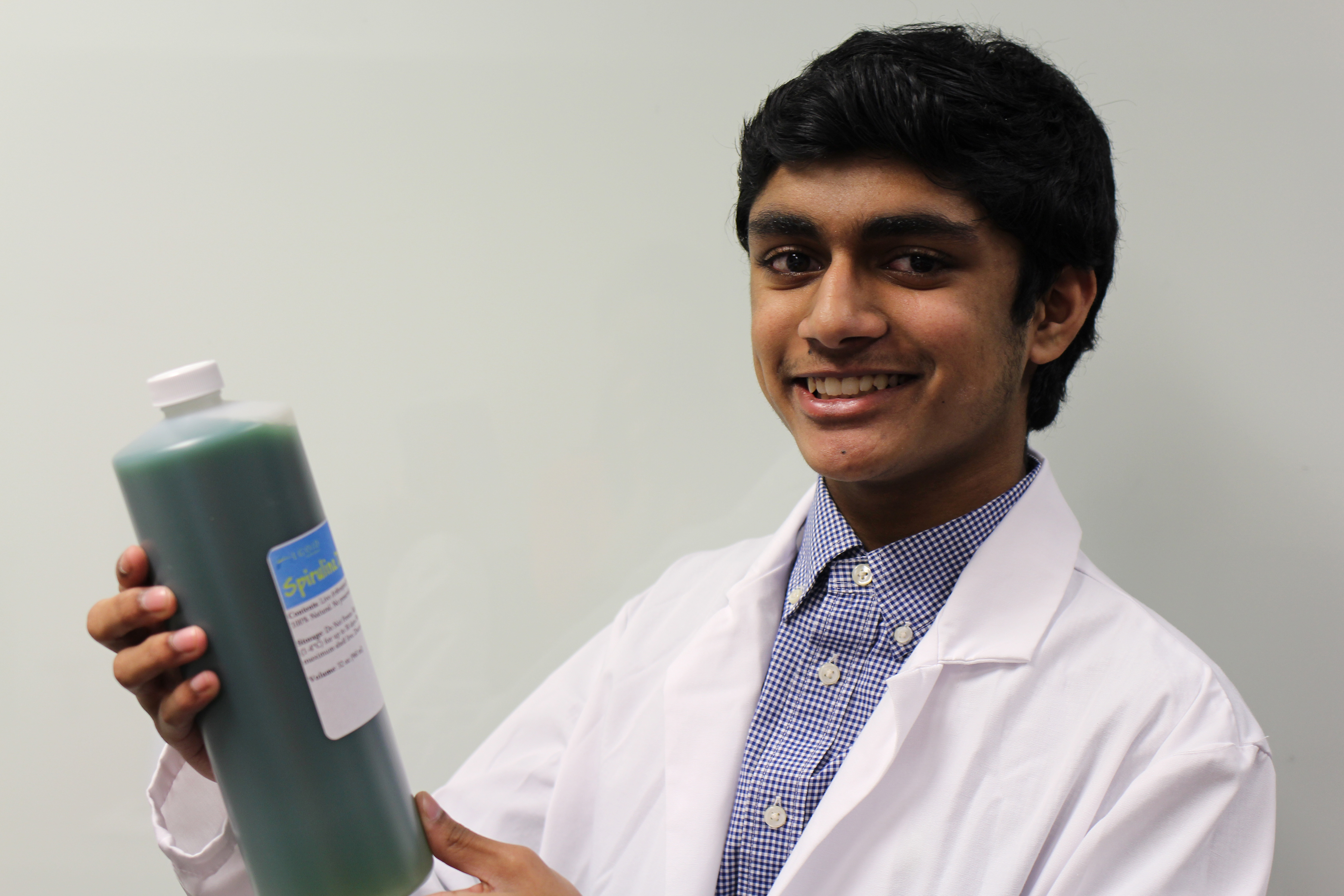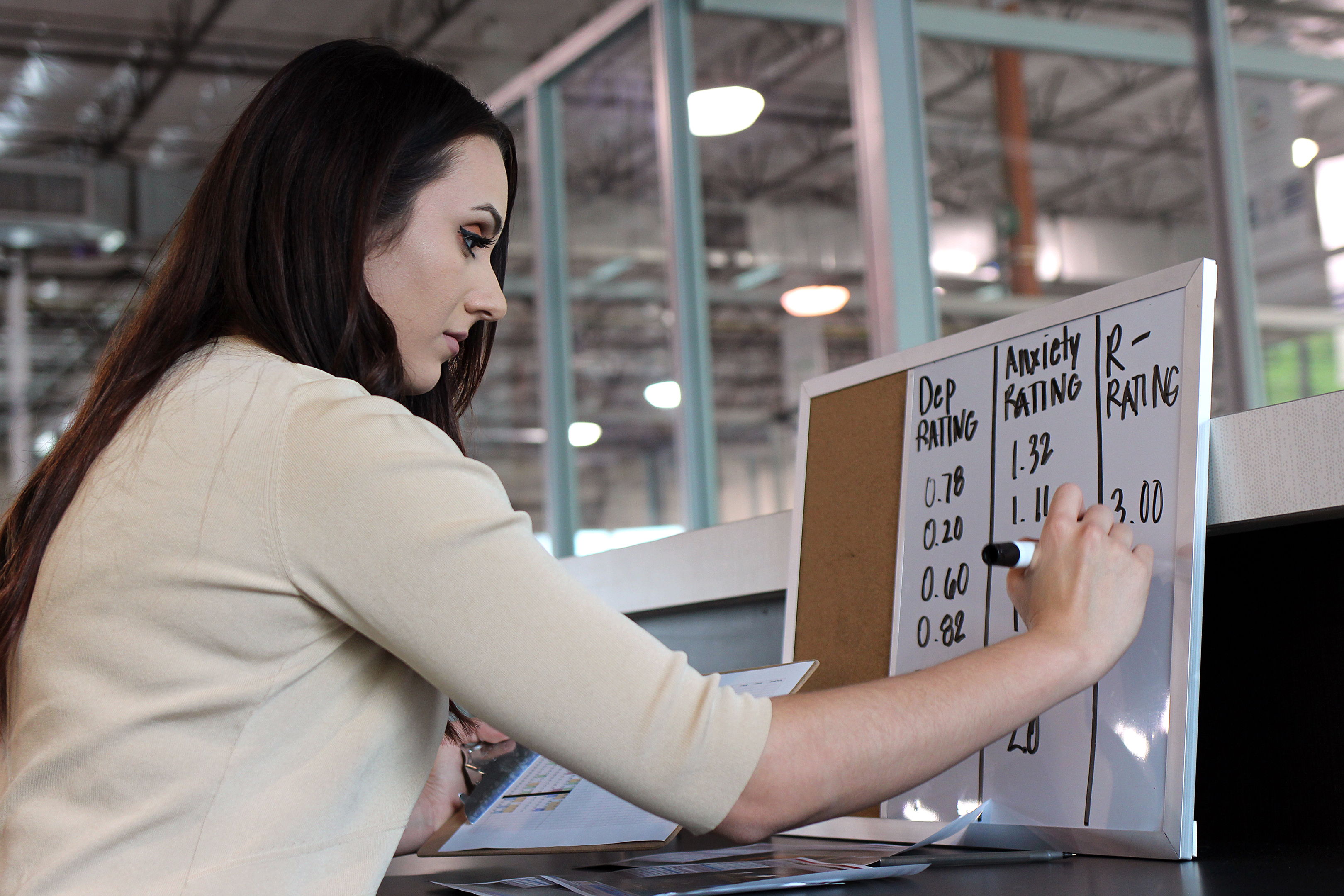Catalyzing Change, One Idea at a Time
When Rachel Wong learned of the local school shooting earlier this year, she frantically tried to reach her Parkland family and friends to check on their safety.
The incident also solidified Wong’s belief in the urgent need for her FAU Wave invention called SafetyNet, an algorithm that monitors public places and identifies “abnormal behaviors” indicative of violence, like shootings, human trafficking and terrorism. Through immediate identification, SafetyNet could give authorities the chance to stop violence before it starts.
“I want this to be implemented as a safety, to detect if something is not normal,” Wong said. “This could be part of the solution for a safer world for everybody.”
Wong’s innovative project was one of several ideas selected as part of the 2017-2018 FAU Wave program, an undergraduate research and entrepreneurship competition challenging students to create original ideas to combat society’s problems. Each team receives $500 toward project development, and winners receive up to $1,500.
Through FAU Wave, “students get a chance to engage in social entrepreneurship, and figure out how they can solve an important problem,” said Dan Flynn, Ph.D., vice president for research. “The projects are high-impact, low-cost and important contributions.”
Prior to winner announcements at the award ceremony, Flynn spent one-on-one time listening to students explain the significance of their projects.
“This could be part of the solution for a safer world for everybody.”
—- Rachel Wong
This year, five projects earned honors, including a first-time award from Academic Affairs’ Office of Community Engagement, for a “strong focus on community engagement.” Natalia Perez and Sydney Yu received the award for their nonprofit, Learning Enrichment and Activities Pals, which provides social enrichment to pediatric patients.
Stephen Hoover took third place for inventing a portable olfaction machine with smelling capabilities to eventually replace things like a diabetes assist dog, trained to monitor human smells related to blood sugar levels.
Second place went to Vithulan Suthakaran (last year’s first-place winner, pictured below), for developing an artificial leaf designed to mimic the photosynthesis process. Potentially, Suthakaran said, it could help in developing countries where carbon dioxide emissions are high, or provide oxygen for long-term space exploration.

Two students tied for first place: Evita Conway, who created a detection model for mood disorder classification using eye movements, and Devin Willis, whose SlideMap project improves the speed and accuracy of tumor cell classification and cancer diagnoses.
Reese Humphreys, creator of BookMe – a web and mobile-based service to enable charities to easily post and find resources – said he’s grateful for opportunities like the FAU Wave program. “It’s the university really believing in you, by backing what you’re working on and supporting you.”
If you would like more information, please contact us at dorcommunications@fau.edu.
FAU Wave Project Spotlight
• a synthetic sea urchin exoskeleton as a safe byproduct for neutralizing ocean acidity
• a weight-sensing electric skateboard with assisted navigation
• a drone that autonomously uses 3D mapping to navigate uncharted regions
• a ferro-fluid-infused, corrosion-resistant industrial and marine metal grease that could be a money saver
• a nonprofit organization raising funds and awareness of safe houses for human trafficking survivors
• the creation of novel antibiotics
